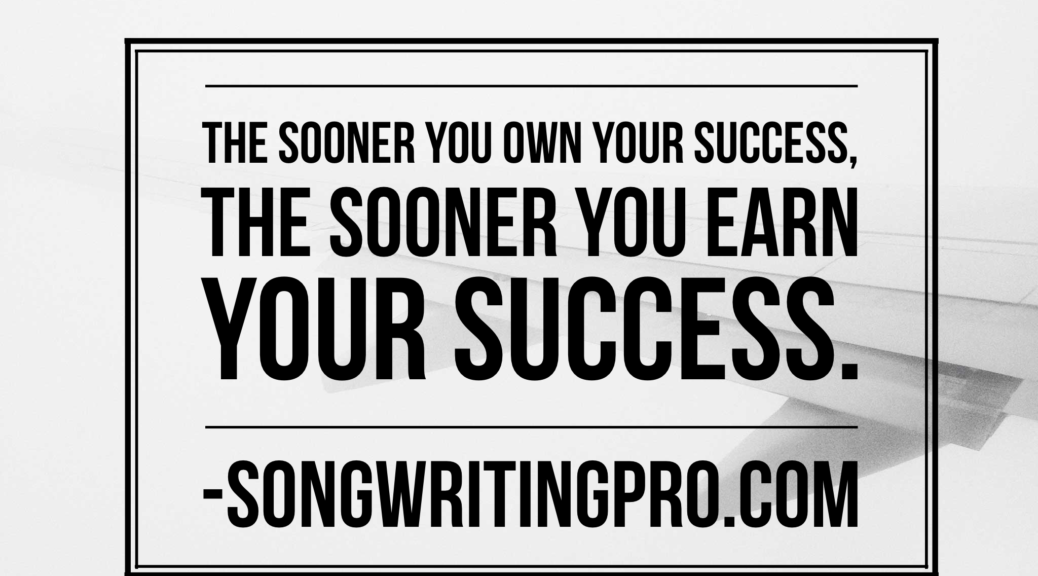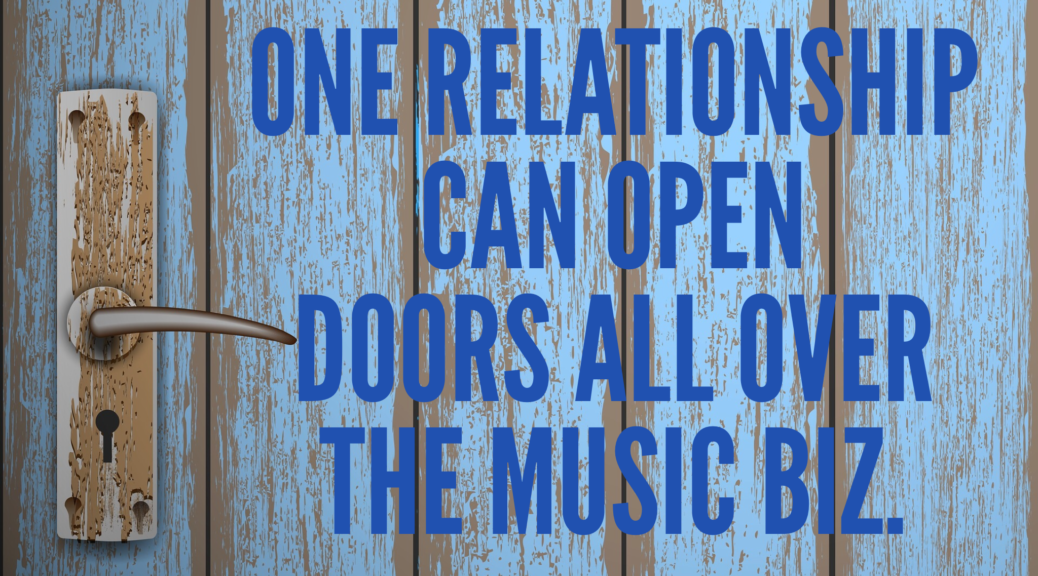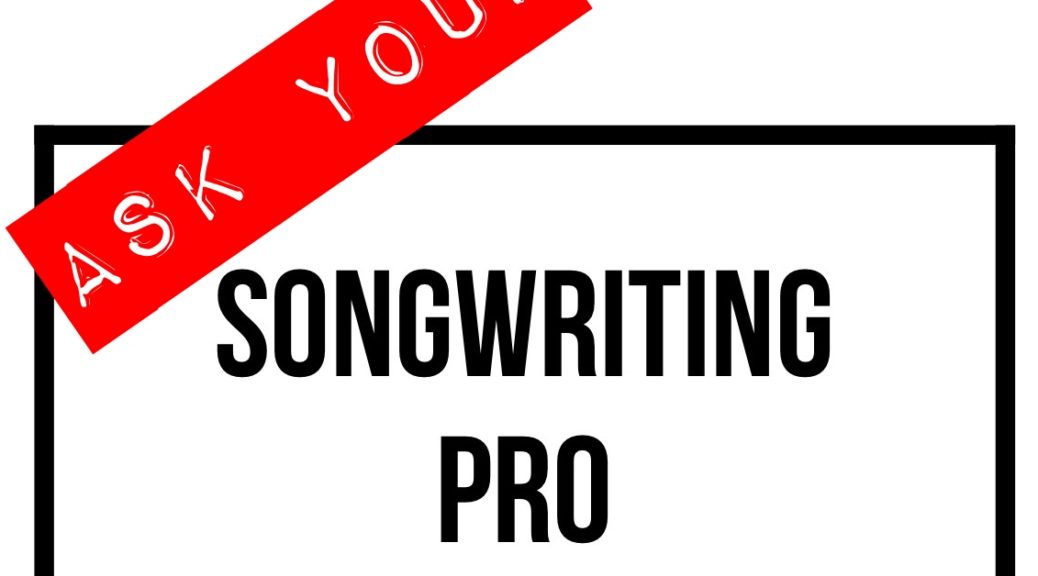“How do I get a publisher?”
“Do I need a music publisher?”
“How do I connect with a publisher?”
Those are common questions that songwriters ask me on a regular basis. And I’ve worked to answer those questions.
Maybe you’re asking the same questions right now. And we’ll get to that. But first, I want to remind you of one very important fact… You ALREADY have a music publisher. Congrats!
________________________________
To BE a pro, you need to THINK like a pro, and this FREE ebook will help transform your thinking, your songwriting, and your success. Get it today!
_________________________________
“Uh…” you might be thinking… “I don’t remember signing a publishing deal. And I know for sure that the check for my advance hasn’t shown up in my mailbox.” True enough. But it doesn’t change the truth.
Your current music publisher is… YOU.
Here in the United States (I can’t speak for other countries), the copyright law is clear. You own the copyright of your song as soon as you put it in a fixed form. In other words, as soon as you write it down, sing it into your phone, or YouTube yourself singing it, you (and your cowriters) own the copyright.
Owning the copyright makes you the publisher.
You’re the publisher, even if you don’t have a company name registered with your PRO. Even if you haven’t registered your copyright with the Copyright Office. Even if you’ve never gotten a cut. Even if you’re not pitching your songs.
You are your own publisher. Even if you don’t act like it.
Now, am I saying that you need to run out, hire a songplugger and sign some writers? Of course not. I realize you’re probably not in that position. We’re each at different points along the journey. Maybe your journey includes landing a publishing deal. Maybe not. But I do know that if you want to be a pro songwriter, you need to treat it like what it is – a business. You need to own that fact.
The sooner you “own” your success, the sooner you will earn your success.

If you own your success – if you take responsibility for it – you might not need an outside publisher to “make it happen” for you. On the other hand, if you never own your success, there’s probably not a publisher out there who CAN “make it happen” for you.
So, what’s the next step for YOU in your success? Is it registering your personal publishing company with a PRO? Is it writing that next song (even though you’re crazy busy)? Or is it connecting with another music publisher and let them handle all the publishing stuff?
If you ARE ready to connect with a publisher, then… I’m happy to offer a path for YOU and YOUR song to get to a real, successful music publisher.
Songwriting Pro’s next Play For A Publisher event is coming right up, and our guest will be Matt Lindsey of Matt Lindsey Music. Matt has worked closely with several #1 hit songwriters, and he’s been getting songs recorded by major artists for years. If YOU have the songs, HE knows what to do with them!
CLICK HERE TO GET ALL THE DETAILS AND SEND IN YOUR SONG!
God Bless and Enjoy the Journey,
Brent
Brent Baxter is a hit songwriter with cuts by Alan Jackson, Randy Travis, Lady Antebellum, Joe Nichols, Gord Bamford, Ruthie Collins, Ray Stevens, and more. He’s written a top 5 hit in the US and a #1 in Canada… so far. He also co-hosts the popular podcast “The C.L.I.M.B.” available on iTunes, Stitcher, and HERE.

















